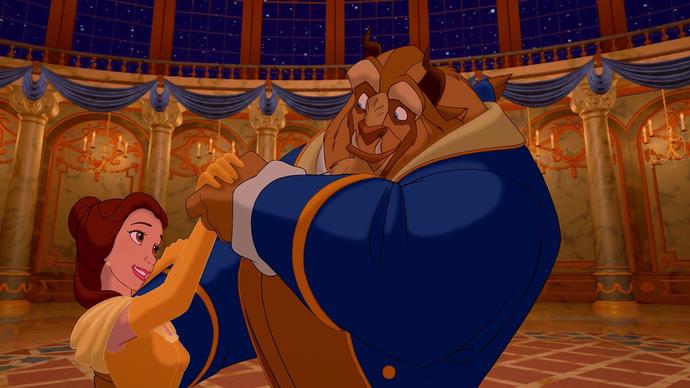
When I was young, I once read the quote "Fantasy doesn't teach us that Dragon's exist; they teach us that Dragon's can be beaten." I thought it very interesting at the time, and it came up again in the light of me discovering a new philosopher, Jordan Peterson.
I don't agree with everything he says, but he brings up some very interesting points, this being one that I happen to agree with. But I digress.
In a recent philosophy class I took, we learned about the Problem of the Premise. Essentially, it boils down to say that logic cannot prove logic correct.
On a more dramatic note, David Hume established what was, in essence, a massive logical proof of empiricism, ultimately concluding that if you can only believe in your senses, your knowledge is limited to the fact that you are CURRENTLY EXPERIENCING what you BELIEVE to be (fill in the blank).
This bothered me. I had turned to solid science after a religious falling out, only to be forced to question why I believe what I do. I finally concluded that, above all else, one must choose to believe in something or choose to believe in nothing at all.
Then it becomes an experiment, running on the premise that if you act in accordance with Truth, things turn out the right way (such as the premise that if your car won't start it must be out of gas being rewarded by turning on when you put gas in the tank. If this premise were false, the car wouldn't start).
How does this relate to stories? Essentially, Truth seems to boil down to what we can perceive internally, not externally. Socrates said something along those lines, and it matches up with the Christian belief in the Holy Spirit.
For example, murder is wrong. Most people agree with that sentiment, but when asked why, they become a bit confused. Is it wrong because society says so? No, more than that. Is it only due to religion? No, most atheists believe the same. "Is cannot imply ought," as Hume said, so it can't be science.
So ultimately, we can recognize truth when we see it. But how to tell the difference between wanting something to be true, and sensing it to be true? I've concluded (for myself, at least) that they are different. It takes effort to distinguish between my heart and my soul, but my soul knows better than my heart.
Great, but how can I find the truth? Doesn't everyone have different opinions? It occurred to me that it would be nice if we could sift somehow, unconsciously, through a large number of ideas, using a large number of persons. Present them with opinions and thoughts, and see how they react to it on an internal level.
Behold, stories. I watched Peterson's analysis of The Lion King, and I have to say he makes some good points. There is incredible truth buried at the center of the story, unknown to the conscious mind of the writers. But it was incredibly popular, not because it agreed with everyone's ideologies (as in, crafted ideas that make sense but are ultimately detached from central Truth) but because the soul responded - quietly and subtly.
Stories that survive the test of time are stronger, represent more deeply held truths. The Bible, real or not, has some VERY INTERESTING principles guiding it throughout the book, aside from the more arbitrary commandments. After all, people have gravitated towards it for millennia - but why? It's not a very NICE book. It doesn't promise you that life will be easy and pleasant, that all humans are inherently good and would never do anything to hurt each other. Heck, it says outright that humans are TERRIBLY FLAWED and STUPID.
I digress. Other stories teach similar things, though not necessarily with the obvious morals. Is Beauty and the Beast a piece of propaganda pushing women to accept surly, cruel, and unattractive men? If so, why do we like it?
The difference between the Beast and Gaston was that the Beast suffered for his pride and cruelty, while Gaston didn't. When she talks back to Gaston, he dismisses her, while the Beast is cowed and considers his position. He changes into something acceptable over time, while Gaston, no matter how handsome, remains ignorant and proud until the end.
I guess what I'm trying to say is that in my search for truth, I firmly believe that looking to true mythology will help more than facts. Stories teach us how to act, what we should and shouldn't do. Little else in the world (other than religion) can offer us such lessons.
Most Helpful Opinions